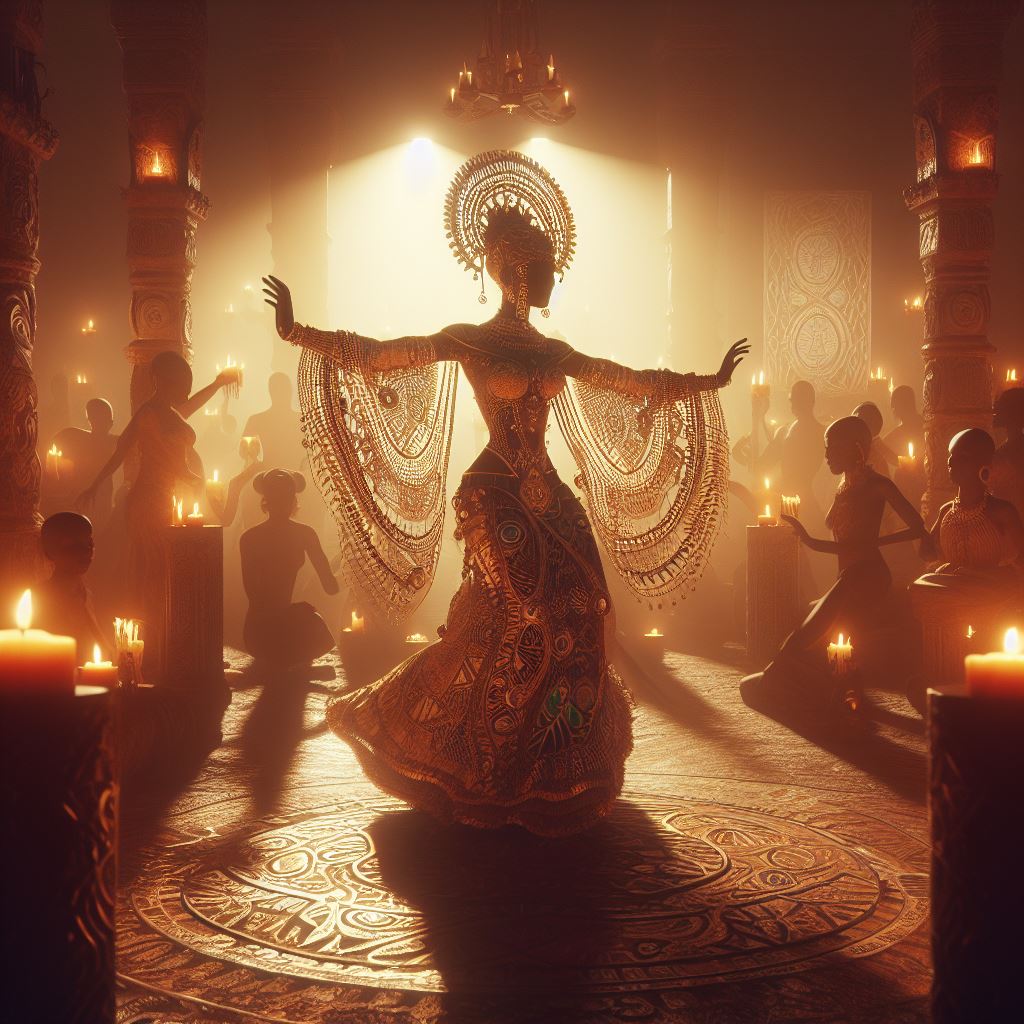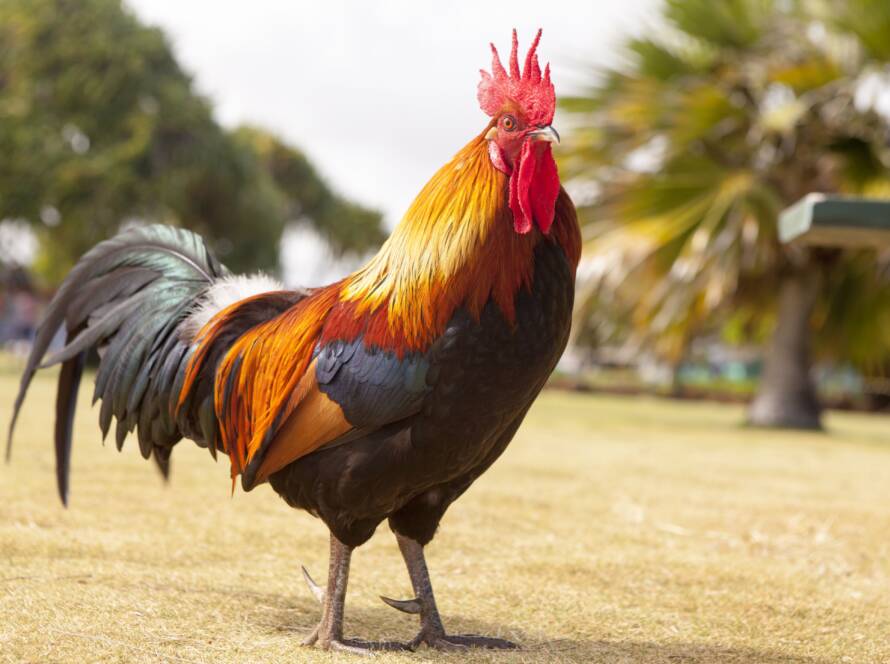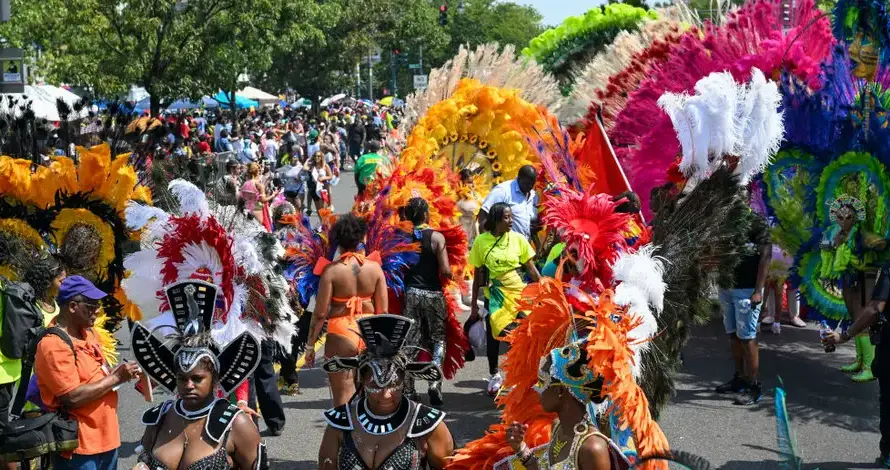It is concerning that we are neglecting our Vodou heritage, while individuals from other nations are journeying through our countryside to connect with our Vodou spirits. Vodou, a profound and complex spiritual tradition, is an integral part of our cultural identity and history. Despite its significance, there is a growing disconnect between the Haitian people and this ancestral practice. As global interest in Vodou rises, it becomes imperative for us to reclaim and honor our heritage. This article explores the importance of preserving Vodou, the reasons behind its neglect, and actionable steps we can take to revitalize this essential aspect of our culture.
The Importance of Vodou Heritage
A Rich Cultural Legacy
Vodou is not just a religion; it is a cultural and spiritual tapestry woven into the fabric of Haitian life. It encompasses music, dance, art, and oral traditions, serving as a repository of our collective history and identity. Through Vodou, we connect with our ancestors, honor our roots, and understand the forces that shape our world.
Spiritual Connection and Healing
Vodou provides a profound sense of spiritual connection and healing. The rituals, ceremonies, and practices offer solace, guidance, and a means to navigate life’s challenges. For many Haitians, Vodou is a source of strength and resilience, offering a deep connection to the divine and the natural world.
Reasons Behind the Neglect of Vodou
Misrepresentation and Stigma
One of the primary reasons for the neglect of Vodou is its misrepresentation and the stigma attached to it. Historically, Vodou has been misunderstood and demonized by outsiders, leading to misconceptions and fear. These negative perceptions have permeated our own society, causing some to distance themselves from this vital tradition.
Westernization and Modern Influences
The influence of Western culture and modernization has also contributed to the decline of Vodou practices. As we adopt new lifestyles and technologies, there is a tendency to move away from traditional practices. This shift is often accompanied by a loss of connection to our cultural roots and spiritual heritage.
Lack of Education and Awareness
A lack of education and awareness about Vodou has further exacerbated its neglect. Many young Haitians are not taught about the significance of Vodou, its history, and its role in our society. Without this knowledge, they are less likely to engage with and preserve this important aspect of our culture.
The Rising Global Interest in Vodou
International Exploration and Study
Interestingly, while Vodou faces neglect at home, there is a growing interest in this tradition from individuals around the world. Scholars, spiritual seekers, and tourists are journeying to Haiti to learn about and experience Vodou. They recognize the profound wisdom and spiritual depth that Vodou offers, often exploring its practices with great reverence and curiosity.
Cultural Exchange and Respect
This international interest presents both a challenge and an opportunity. While it is heartening to see Vodou appreciated on a global scale, it also highlights the urgent need for us to reclaim and honor our heritage. Cultural exchange can be beneficial, but it is essential that we lead the preservation and promotion of our traditions, ensuring they are respected and accurately represented.
Steps to Revitalize and Preserve Vodou
Education and Awareness Campaigns
To revitalize Vodou, we must start with education and awareness. Schools and community programs should incorporate Vodou’s history, practices, and significance into their curricula. By educating the younger generation, we can foster a sense of pride and connection to our cultural heritage.
Community Involvement and Engagement
Engaging communities in the preservation of Vodou is crucial. Local leaders, practitioners, and cultural organizations can organize workshops, ceremonies, and festivals that celebrate Vodou. These events can help demystify the tradition, combat stigma, and encourage active participation.
Promoting Positive Representations
We must actively work to combat negative stereotypes and promote positive representations of Vodou. This can be achieved through media, art, and literature that accurately and respectfully depict Vodou practices. Highlighting stories of resilience, healing, and community within Vodou can help shift public perception.
Supporting Practitioners and Elders
Practitioners and elders who hold traditional knowledge are invaluable resources. Providing them with support and platforms to share their wisdom can ensure that Vodou practices are passed down and preserved. This support can come in the form of financial assistance, recognition, and opportunities to teach and lead.
Encouraging Personal Exploration
Encouraging individuals to explore and connect with Vodou on a personal level is also important. Providing resources such as books, documentaries, and guided experiences can help people rediscover and appreciate the spiritual richness of Vodou.
The neglect of our Vodou heritage is a pressing concern, especially as individuals from other nations journey to Haiti to connect with our spirits. By acknowledging the importance of Vodou, addressing the reasons behind its neglect, and taking proactive steps to revitalize and preserve this tradition, we can ensure that Vodou remains a vibrant and integral part of our cultural identity. Let us honor our ancestors, celebrate our spiritual heritage, and reclaim Vodou as a source of pride and strength for future generations.





